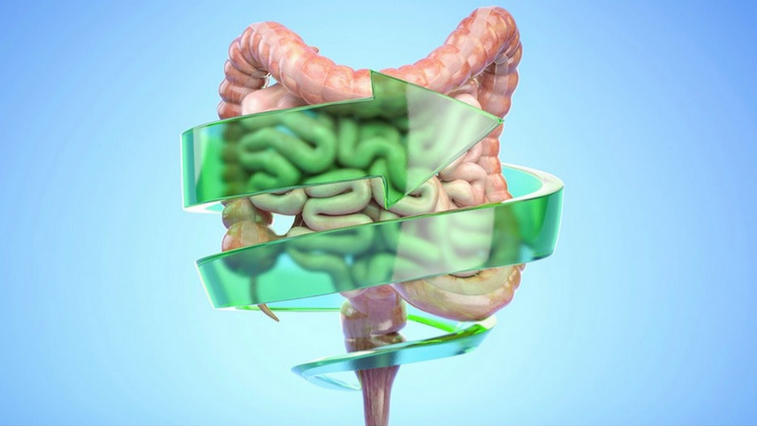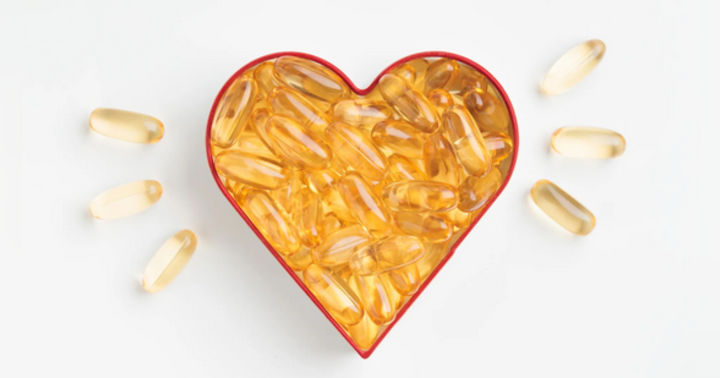
By Tracy Beanz and Michelle Edwards
Despite the miracle that is our human body, in today’s clearly off-course world, we tend to look outside ourselves for cures. Yet, as is often the case, sometimes the greatest healers lie within, alive in the soils of our intestines, carried by microbes, poised to whisper to our cells in a magnificent biochemical language. One such miraculous messenger is butyrate. Though often not a part of the gut discussion, butyrate is an unassuming short-chain fatty acid that is quietly produced by gut bacteria as they ferment dietary fiber. When we take a deeper look at this quiet gift in our guts, we see that butyrate is far from insignificant. It is a guardian of balance and internal peace, and a living bridge between the microbial realm and our mammalian body.
To put butyrate into perspective, imagine that our body’s immune system is a wise and thriving garden. Proinflammatory triggers resemble invasive weeds that choke the roots and grow wildly, disrupting the balance of the body. But, alas, here comes butyrate, the skilled gardener. In its innate wisdom, butyrate immediately nurtures the soil, pruning the weeds and ensuring that only what belongs is allowed to flourish. With its guidance, the garden returns to natural order. Wow, it sounds pretty spectacular, right?
In a March 2025 article by Dr. Joseph Mercola, the opening truth about butyrate is simple yet profound. Butyrate is both energy and language. Yes, it feeds colonocytes (cells lining the colon), but even more importantly, it sends signals. For example, it inhibits histone deacetylases (HDACs), which are enzymes that influence whether genes are turned “on” or “off.” Butyrate also suppresses the NF‑κB pathway, a master switch for inflammation. By doing this, butyrate helps tilt the immune system away from chronic inflammation and back toward a state of balance.
Indeed, one of the most sacred tasks of the immune system is its ability to discriminate between invaders and what is truly part of the self and its ecosystem. Butyrate plays a central role in that, through what is called regulatory T Cells (Tregs). Mercola points out that, as the peacemakers of immunity, Tregs are crucial for maintaining immune tolerance and preventing the immune system from attacking the body’s own tissues. By boosting the expression of the transcription factor Foxp3, which is needed for Treg development, butyrate supports the development and function, especially in the gut, of these cells.
At the same time, butyrate helps modulate the behavior of Th1 and Th17 cells, which are immune subtypes that are essential in defense but dangerous when overactivated. Butyrate keeps them in check. It also influences dendritic cells, so they don’t “overexcite” T cells into unnecessary conflict. In other words, put simply, butyrate is a guardian of immune wisdom.
It is crucial to remember that the immune system is not only about cells and cytokines. It is also about territory, of which the gut is a frontline, and butyrate plays a significant role. Butyrate strengthens the gut barrier and enhances tight junction proteins so that bacteria, toxins, or inflammation-causing substances don’t cross into the bloodstream. A deeper look, as noted by Mercola, shows that Gut-Associated Lymphoid Tissue, or GALT, lies within the gut. GALT is a dense network of immune nodes that sample antigens and learn which ones are friends and which ones are foes. Butyrate supports GALT’s role by keeping responses measured, preventing overreaction, and maintaining tolerance. Likewise, when gut flora is in balance (a condition called eubiosis), butyrate-producing bacteria, anointed “The Sentinel of Gut,” flourish. When gut flora is out of balance (a condition called dysbiosis), whether from toxins, stress, or poor diet, butyrate-producing bacteria decline, butyrate falls, and the immune system loses a critical ally.
Not surprisingly, low butyrate is implicated in conditions where chronic inflammation exists, such as inflammatory bowel disease (IBD), multiple sclerosis, autoimmune disease, Type 2 diabetes, and even neurodegenerative disorders. And, in keeping with the vital gut-brain connection, proper butyrate in the gut may indeed calm neuroinflammation, support the gut-brain axis, and preserve cognitive integrity. In a world where rising rates of chronic disease and immune dysfunction have taken center stage, butyrate may very well be a significant silent healer that has been overlooked. In a study in 2022 noting the host of ills abated by butyrate, Dr. Chris Damman declared:
“Butyrate could be the vitamin D of the next decade: the sunshine from within molecule. Only 5% percent of us are eating enough fiber, and in effect, getting enough butyrate from our microbiomes. I think that contributes to some of these chronic diseases we’ve been seeing in high-income countries, and that are now on the rise in lower- and middle-income countries.”
So, where does one get butyrate? The most powerful and sustainable source is your own gut flora. As mentioned, certain bacteria ferment dietary fibers (called prebiotics) and produce butyrate naturally when doing so. Butter is a good source of butyrate, as well as other nutrients such as fat, protein, and vitamin A. As always, choose local, organic, and grassfed. Likewise, lifestyle factors play a role in butyrate production. Meaning, it is crucial to avoid overuse of antibiotics (which kill butyrate-producing species). It is also essential to manage stress, exercise, and, of course, limit or eliminate processed foods and emulsifiers.
The power to heal that exists within our bodies is incredible. But it is paramount to remember that our bodies (along with our animals and our ecosystems) all depend on hidden conversations to thrive. Butyrate is one of those quiet conversations, miraculously existing between microbes and mammals, soil and cells, diet, and immunity. For optimal health, we must honor the intelligence within these sacred conversations that are meticulously woven throughout our bodies.








